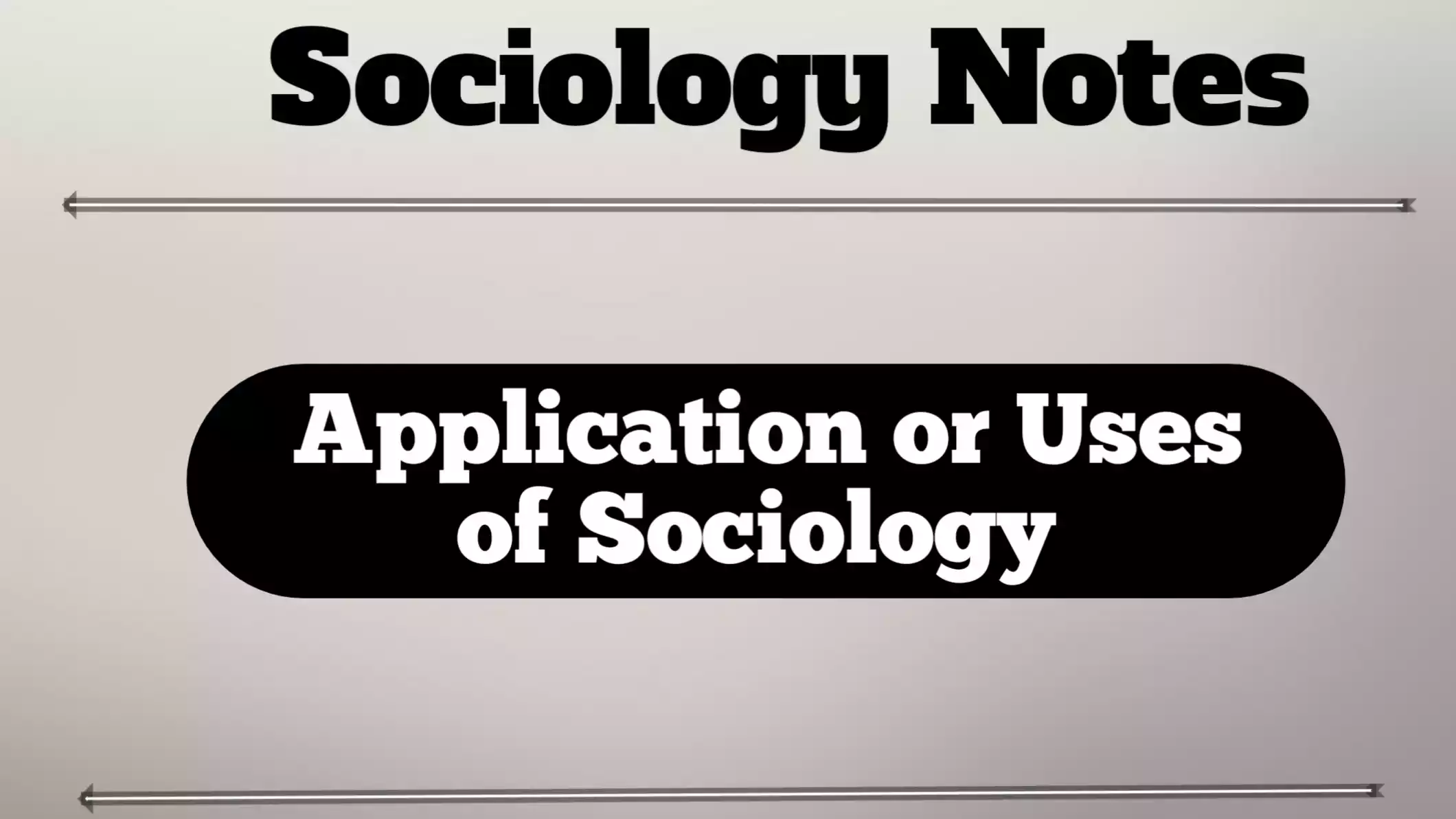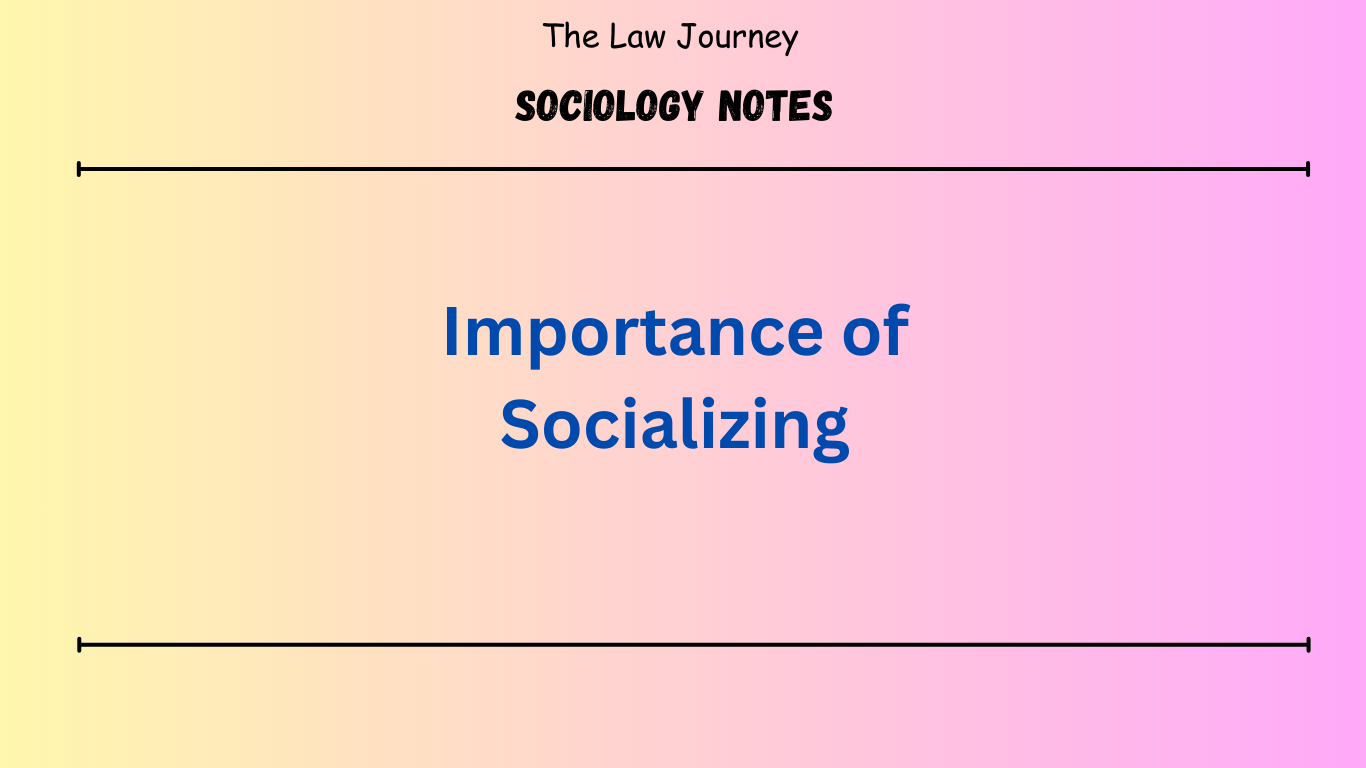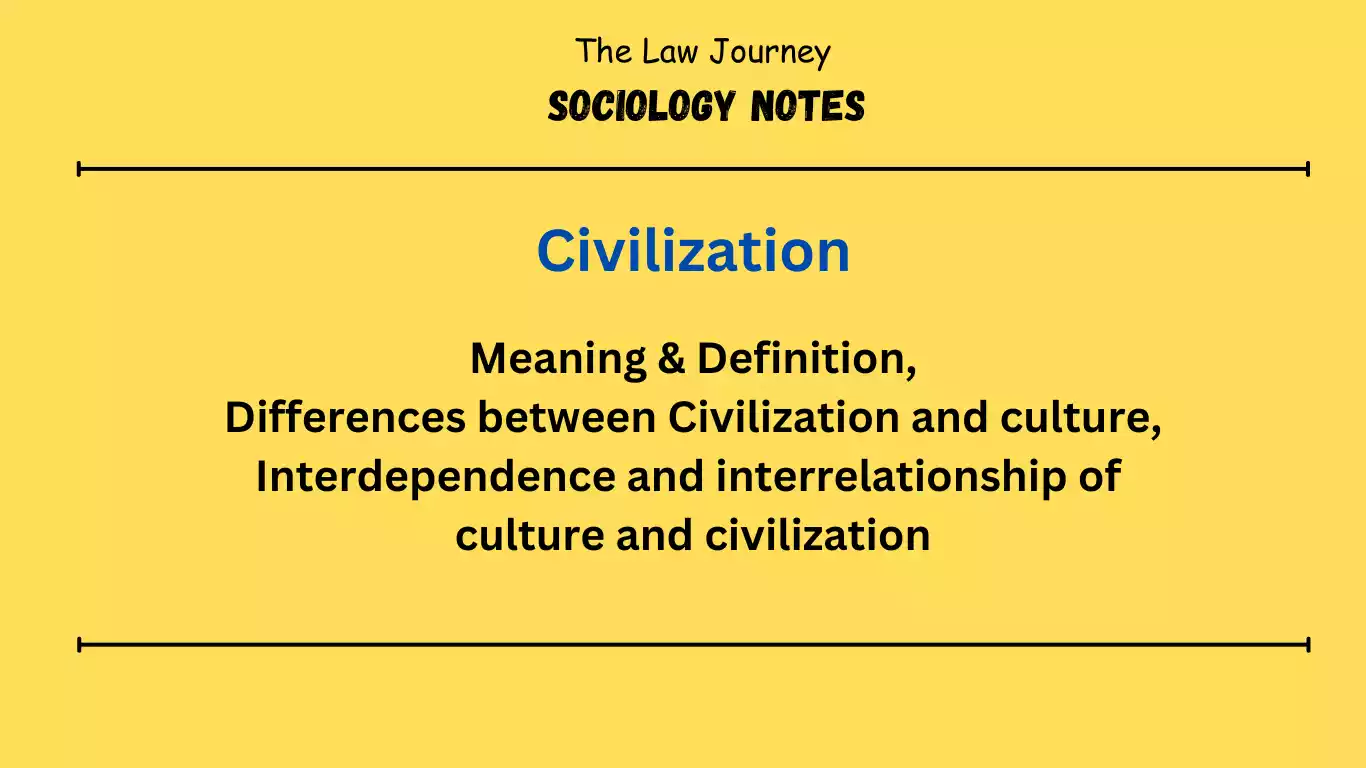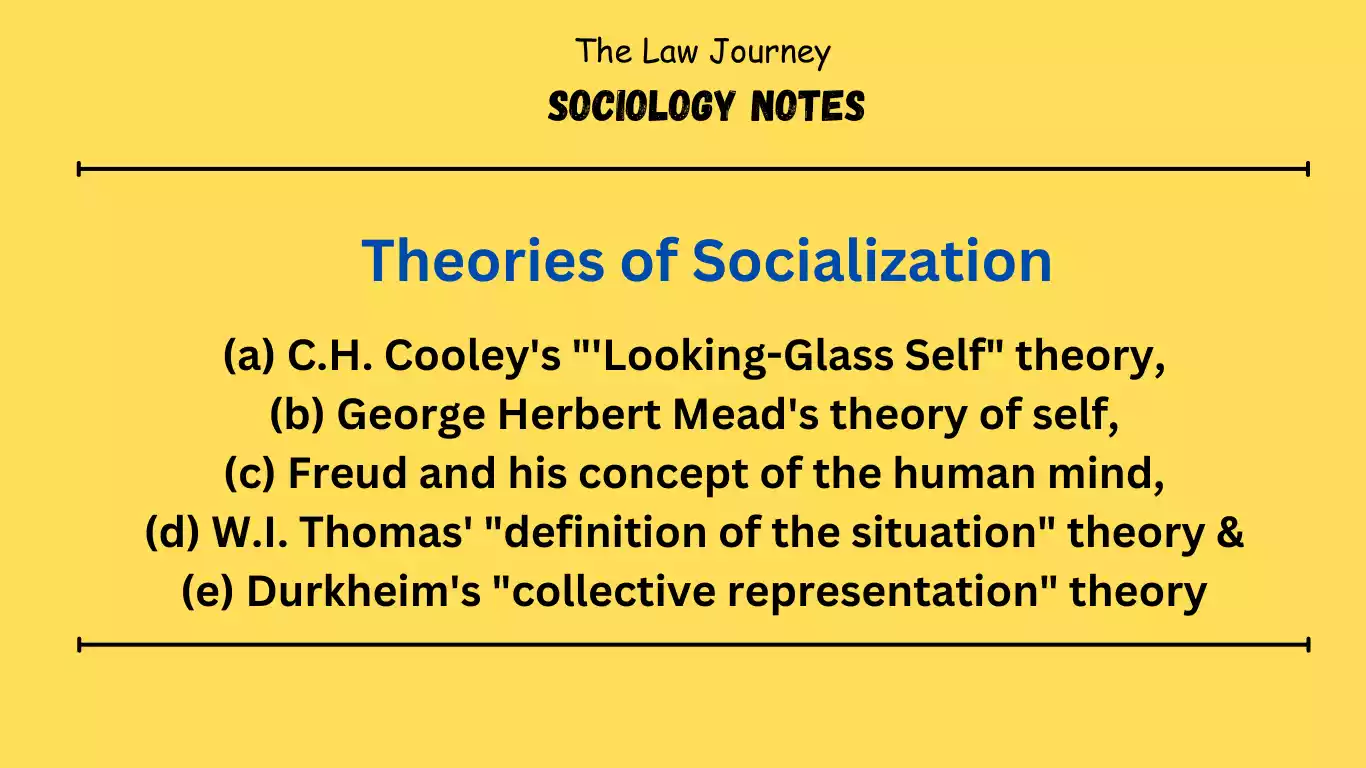Uses of sociology – Among the various social sciences, sociology seems to be the newest. It will develop gradually. Still, we’ve made remarkable progress. Its uses are now widely recognized. In modern times, there is a growing awareness of the importance of scientific research into social phenomena and of the means by which professors advance their research. Giddings calls human adequacy (human welfare).
Sociological research is especially important in today’s complex society. Sociology uses include:
(i) Sociology studies society scientifically. Until the advent of sociology, there was no systematic, scientific attempt to study human society in all its complexity. Sociology made it possible to study society scientifically. This scientific knowledge of human society is necessary for progress in various fields.
(ii) Sociology sheds more light on the social nature of humans. Sociology focuses on the social nature of humans. It explains why humans are social animals and why humans live in groups, communities and societies. It examines the relationship between the individual and society, and the impact society has on humans.
(iii) sociology deepens our understanding of society and enhances the power of social action; Social science helps individuals understand themselves, their abilities, talents, and limitations. It allows him to adapt to his environment. Knowledge of societies, social groups, social institutions, clubs and their functions helps us to lead effective social lives. (Uses of sociology)
(iv) Studying sociology helps us to know not only our society and people, but also others, their motives, aspirations, status, occupations, traditions, customs, institutions, cultures, etc. In our vast industrial society, our experience is relatively limited. We seldom have comprehensive knowledge of our own societies, and seldom have ideas about other societies. But we need some understanding of other people’s motives and the circumstances in which they live. We can get such insights from sociological research.
(v) The contribution of sociology to cultural richness is equally important. Sociology has trained us to rationally deal with questions about ourselves, our religions, our customs, our manners, our institutions, our values, our ideologies. she makes us more objective, more rational,
critical and calm. Learning society made people more open minded. It has guided students to overcome prejudices, misunderstandings, selfish ambitions, class and religious hatreds. It has made our lives richer, richer and more meaningful.
(vi) Another practical aspect of sociology is the study of large social institutions and the relationship of individuals to each of them. Home and family, school and education, state and government, industry and work, religion and morality, marriage and family, law and law, property and government, etc. are some of the major institutions in which our society functions. Moreover, they affect our lives in countless ways. Knowledge of sociology helps strengthen them and enable them to serve humans better.
(vii) Sociology is also a useful subject. Sociology is a profession where technical proficiency brings its own advantages. Sociologists, especially sociologists trained in research methods, are in demand in many areas of business, government, industry, urban planning, race relations, social work, welfare, supervision, advertising, communications, public administration, and many other areas of community life. is rising. A few years ago, sociologists could only teach sociology in schools University. But sociology has now become so practical that it can be practiced outside academic venues. On the other hand, in sociology, it is possible to get a job other than teaching. Various fields of applied sociology are becoming increasingly important at local, state, national and international levels. (Uses of sociology)
(viii) The need to study sociology is growing, especially in less developed countries. Sociologists are now warning economists about the social factors contributing to the economic backwardness of some countries. Economists now recognize the importance of sociological knowledge when analyzing a country’s economic situation. (Uses of sociology)
(ix) Learning about society is the most important way to solve social problems. Today’s world is plagued by several big problems: poverty, begging, unemployment, prostitution, overpopulation, family breakdown, community breakdown, racial problems, crime, juvenile delinquency, gambling, alcoholism, youth riots, and the untouchables. plagued by social problems. Solving these issues requires careful analysis. Sociology provides such an analysis.
(x) Knowledge of sociology is necessary to understand and plan society. Social planning was facilitated by sociology. Sociology is often viewed as a vehicle for social reform and social restructuring. It plays an important role in rebuilding society. (Uses of sociology)
(xi) Practice of sociological methods: Methods developed by sociologists and other social scientists are adopted by others. Consider the example of a social survey. Developed and used primarily by sociologists and statisticians, it has become an indispensable tool for market research and political polls. Sociologists also provide a lot of information that helps us make sociopolitical decisions.
(xii) Social studies have helped some governments promote the welfare of tribal peoples. Civilized as well as tribal societies face several socio-economic and cultural problems. The research of tribal societies and issues by sociologists and anthropologists has helped many governments adopt various social policies to promote the well-being of tribal peoples. Efforts are underway to treat tribesmen equally
remaining civilized people. (Uses of sociology)
(xiii) Sociology has drawn our attention to the intrinsic worth and dignity of human beings. Sociology has greatly contributed to changing our attitudes towards each other. It helped people develop a Catholic attitude and an open mind. It has made people more tolerant and patient with others. It minimized mental distance and narrowed the gap between different races and communities.
(xiv) Sociology is of great practical help in informing us about contemporary social conditions and developments. Studying sociology helps us pay more attention to the changes and developments happening around us. This allows us to learn more about our changed roles, expectations and responsibilities. (Uses of sociology)
(xv) Finally, Professor Giddings said: “Sociology teaches us how to be what we want to be.”
In summary, the question of “values of sociology” is not whether a subject should be studied. But it’s just a matter of how you actually use it. In other words, sociology has both individual and societal benefits.
Related Post | Uses of sociology
- law project maker
- Concept of Social Groups in Sociology
- RTI notes
- Political Notes
- Legal History Notes
- Law of Torts notes
- moot court memorial maker
What are the Uses of sociology ?
Sociology uses include:
(i) Sociology studies society scientifically. Until the advent of sociology, there was no systematic, scientific attempt to study human society in all its complexity. Sociology made it possible to study society scientifically. This scientific knowledge of human society is necessary for progress in various fields.
(ii) Sociology sheds more light on the social nature of humans. Sociology focuses on the social nature of humans. It explains why humans are social animals and why humans live in groups, communities and societies. It examines the relationship between the individual and society, and the impact society has on humans.
Reference Books | Uses of sociology
- C.N. Shankar Rao – Principle of sociology with an introduction to social thoughts
- Introduction to Sociology by Anthony Giddens
- Sociological Theory by George Ritzer
- A Dictionary of Sociology by John Scott
- Handbook of Indian Sociology by Veena Das
- Social Change in Modern India by M N Srinivas

















